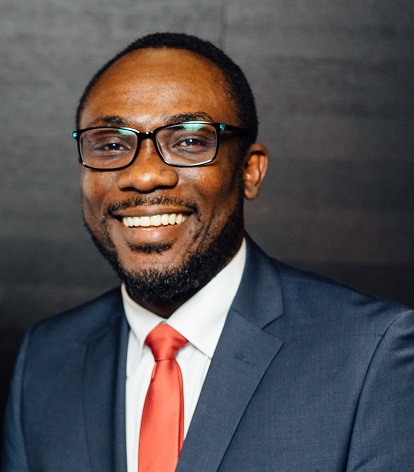
The Institute originated due to the necessity for a science-based effectiveness analysis and efficiency control of the practice of development cooperation, humanitarian aid, and philanthropical projects arising from diverse theoretical models, paradigms and working approaches.
Through our evidence/scientific-based evaluations and related work, FriEval provides greater transparency, hard evidence recommendations that ultimately increase the effectiveness and impact of interventions. We also build capacity to support and enhance project development and project management and policies.
The advanced teaching and learning environment of the Friedensau Adventist University (FAU) hosts FriEval. Regarding research, teaching and development intervention practices, FriEval is closely linked to the Masters' study Program “International Social Sciences” and the Registered Society Working Group for Development Cooperation at the University”. The position of FriEval within the university's research environment and working groups ensures and guarantees a continuous review, and the development of innovative evaluation approaches, methods and standards of evaluation within the framework of theory and practice.
At FriEval, we promote Evaluation Capacity Development (ECD) and build strategic partnerships with academia, research organisations, and practitioners.

